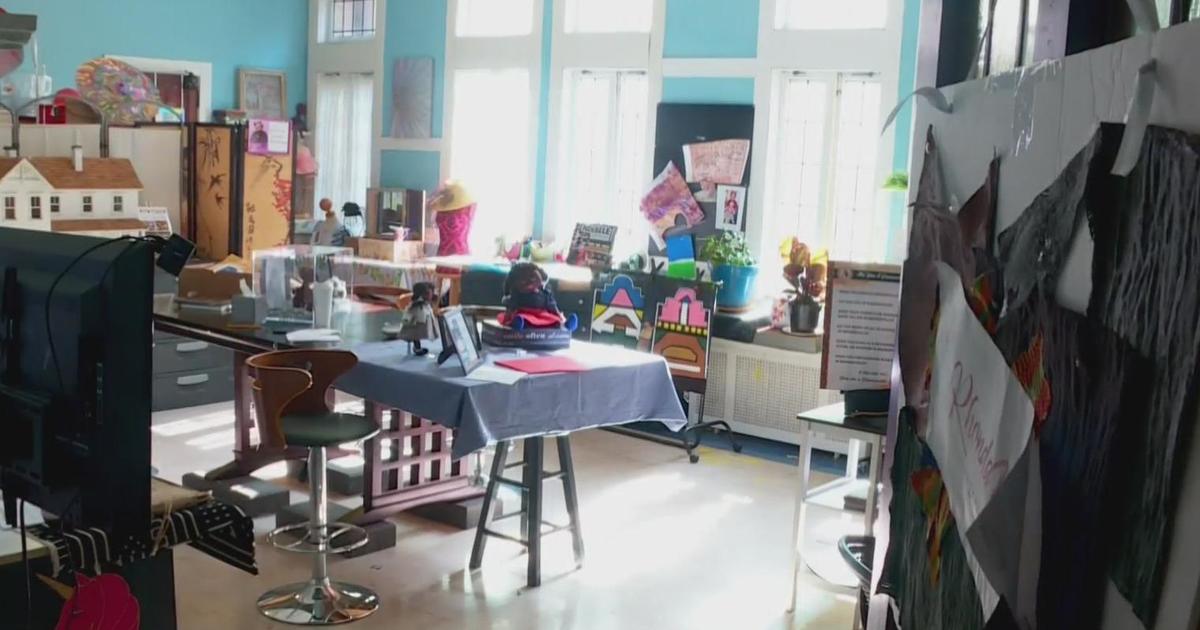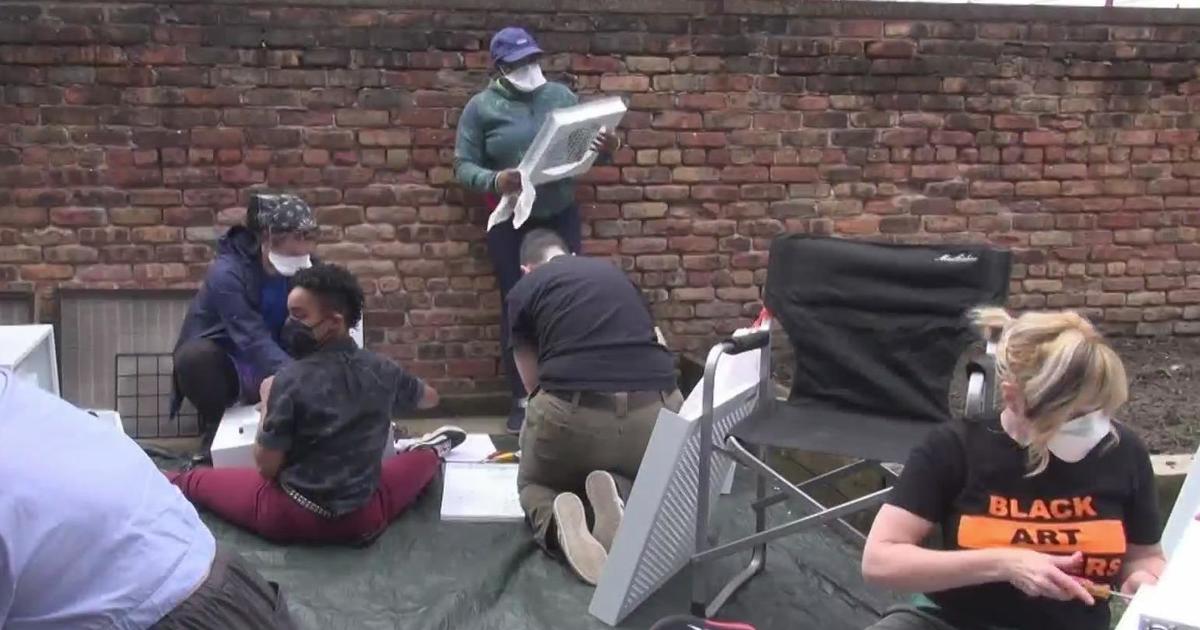'Einstein Visa' Allows Talented Individuals To Immigrate To U.S.
CHICAGO (CBS) -- Have you ever heard of an "Einstein Visa?"
It's the nickname for a type of visa granted to immigrants based on "extraordinary ability." Olympians, Oscar winners and Pulitzer Prize winners have made it into the United States this way. So did Melania Trump.
Every fiscal year, the United States is able to grant up to 140,000 visas based on employment. These visas fall under five categories but only one of them, the EB 1, has a sub-group that doesn't require an immigrant to have a job lined up.
The U.S. Citizenship and Immigration Services website writes this about eligibility for the so-called Einstein Visa: "You must be able to demonstrate extraordinary ability in the sciences, arts, education, business, or athletics through sustained national or international acclaim. Your achievements must be recognized in your field through extensive documentation."
That can include evidence of prizes, published work and performances involving a leading or critical role. USCIS tells CBS 2 it determines eligibility of visa applications then passes it onto the U.S. Department of State for a final decision.
A Chicago native is currently trying to assist one such musician in finding a life here in the Midwest via the unique visa, CBS 2 Morning Insider Lauren Victory reports. Karianne Silva, a missionary originally from Chicago, said she has written to more than 200 lawyers in the Chicagoland area in an attempt to help her friend Paul Garcia bring his musical abilities to the United States.
Garcia, a refugee from Venezuela now living in Peru, is a former professional symphony musician turned high school music teacher and street performer. He's scraping together money to support his family after they fled from a "terrible" regime in Venezuela. So far, Silva hasn't found a lawyer to review the Garcias' paperwork for the visa.
It's unclear how many "Einstein Visas" have been granted in recent years to people who eventually immigrate to Chicagoland.
A spokesperson for the Department of State tells CBS 2 the department doesn't publish statistics by geographic region nor is data kept specifically by the E-1 subset that covers "Einstein Visa." Instead, the following numbers also include E-1 visas given to "outstanding professors and researchers" and "multinational managers or executives."
The U.S. granted 39,521 E-1 visas in fiscal year 2018. That's the lowest number since 2013 but about 14,300 more E-1 visas than were granted in 2011.
While Garcia saves up for a move to the United States, a GoFundMe for his family has been approved after first being taken down in Venezuela because of being "a country that is not supported" by the platform. A visa costs $1,500 in addition to the price of plane tickets and attorney's fees.



